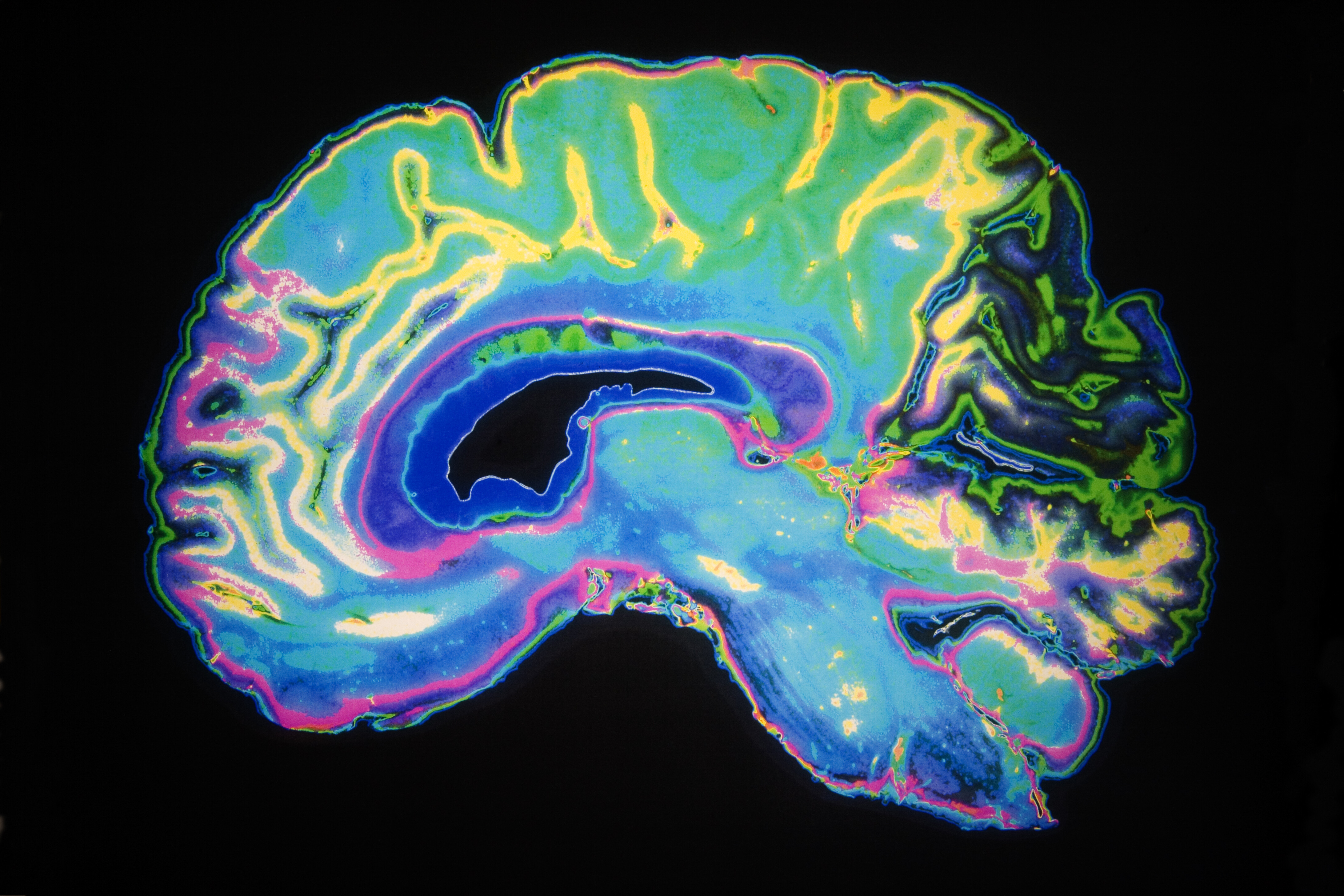New Review into using Transcranial Electrical Stimulation to Improve Memory in Older Adults
- Tuesday, June 9, 2020
Researchers at the University of Roehampton have conducted a review of studies to investigate whether transcranial electrical stimulation (tES) may improve episodic memories in healthy older adults, and in patients with mild cognitive impairment (MCI) or Alzheimer’s Disease (AD).

The research team comprised of Dr Marco Sandrini of the University of Roehampton’s Department of Psychology, Hakan Sahin, current 3rd year Counselling and Psychology undergraduate, as well as researchers in Neuropsychology from IRCCS Centro San Giovanni di Dio Fatebenefratelli in Italy.
The team conducted a critical review of studies that used tES, a form of non-invasive brain stimulation, and at least one episodic memory test to examine the optimal timing of stimulation. Previous research has looked to establish if it can be used to improve episodical memory – memories of personal, daily events such as “what did I eat yesterday?” – in older adults, as well as in patients with MCI and AD.
MCI is a diagnosis where individuals may have some memory issues, but not to the extent that there is an impact on everyday life. However, individuals with the condition are at a higher risk of developing AD. There is therefore a growing body of work on MCI looking at treatments to delay or prevent the onset of AD, as pharmacological interventions have had very limited results.
The review found that most studies suggest that tES over the prefrontal or temporoparietal cortices in the brain can have a beneficial effect on episodic memory. However, how this translates beyond tasks within a research study to the improvement of daily living activities is still unknown. Further work is needed to better understand tES, its effects on the brain, and in what doses the stimulation should be delivered. Additional work is also needed to investigate the optimal timing of stimulation, and how it can be combined with medication to give long-lasting benefits to ageing adults with impaired memory.
Dr Marco Sandrini has said “More open science efforts should be done to improve rigor and reliability of tES in ageing research”.
The article is available on Ageing Research Reviews.
The University of Roehampton is the most research-intensive modern university in the UK, with 100% of our psychology research rated as ‘world-leading’ or ‘internationally excellent’ (Research Excellence Framework, 2014).